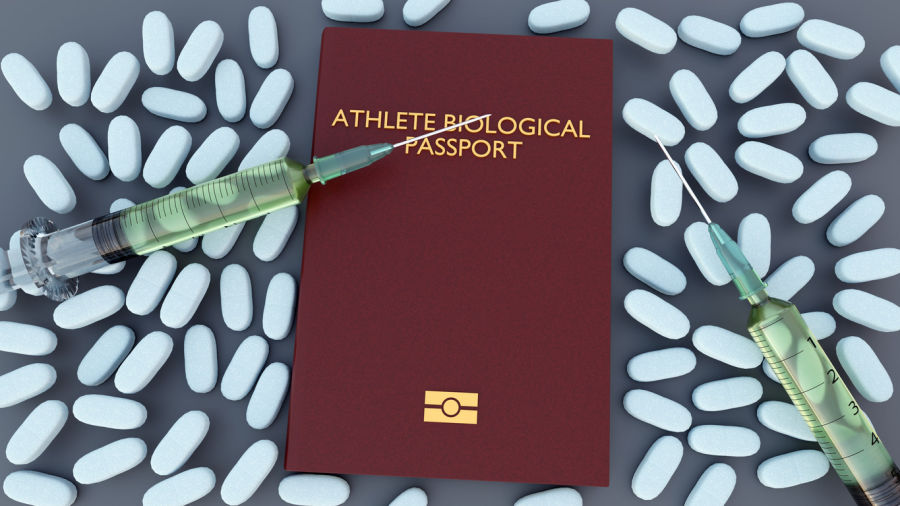Can athletes beat biological passport charges? Assessing the Simona Halep & Norah Jeruto anti-doping cases

Anti-doping cases based on an Athlete Biological Passport (ABP) are complex cases where decisions rest on careful analysis and comparison of expert evidence. This article examines two recent ABP cases—tennis player Simona Halep and runner Norah Jeruto—comparing the first instance decisions by the respective International Federations to the appeal decisions at the Court of Arbitration for Sport (CAS). It then highlights key learning points on ABP cases for anti-doping organisations, athletes and decision makers arising from these cases.
Table of Contents
- ABP methodology
- Establishing an Anti-Doping Rule Violation through the ABP
- Simona Halep
- Norah Jeruto
- Comment and key learning
To continue reading or watching login or register here
Already a member? Sign in
Get access to all of the expert analysis and commentary at LawInSport including articles, webinars, conference videos and podcast transcripts. Find out more here.
- Tags: Anti-Doping | Athlete Biological Passport | Athletics | CAS | Dispute Resolution | ITIA | Tennis | WADA | WADA Code | World Athletics
Related Articles
Written by
Mike Cook
Mike Cook is an arbitrator based out of Hillsboro, Oregon USA. He is a member of the International Panel at Sport Resolutions and a member of the medical committee of the International Functional Fitness Federation. Mike is also an international level competitor in CrossFit.




